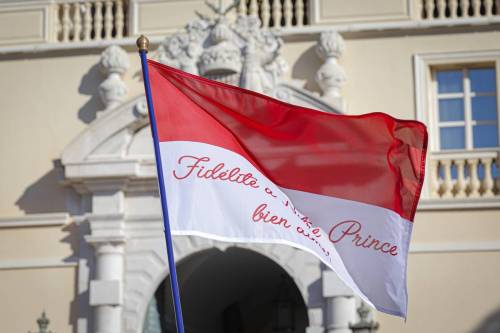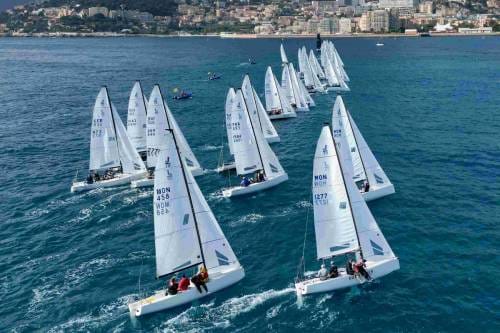The boss and founder of modern F1 was thanked by the Americans, who chose power over discipline.
After more than 30 years of undivided reign, Bernie Ecclestone, the tutelary leader of Formula 1, was unceremoniously thanked on Monday by the new American masters of motorsport.
“I was fired today. It’s over, that’s all. It’s official. I no longer run the company,” he told the German magazine Auto Motor und Sport.
On Monday, Liberty Media, who finalized the acquisition of the F1 (announced in September) specified that he would remain onboard as a honourary president. At the age of 86, “Bernie” has thus been discarded from the sport which he has greatly contributed to on a global scale, and which, in return, has greatly contributed to his personal enrichment.

After a stint as a motor racing driver, he first appeared as manager of the Austrian champion Jochen Rindt in the 1960s. In 1972, he bought the Brabham team while creating the Formula One Constructors Association (FOCA). The association would allow him to gradually take control of the sport through the bosses of the teams, who were essentially British like him.
His legal and verbal jousts in the 1980s with Frenchman Jean-Marie Balestre, then president of the International Federation of Motorsport (Fisa), remained in the background compared to the rivalry between the legendary drivers Alain Prost and Ayrton Senna, one supported by Balestre, the other by Ecclestone.
Bernie Ecclestone, backed by Ron Dennis, director of the McLaren team, who was also recently dismissed, finally won the de facto control of F1 and its commercial rights in the late 1980s. He made a cash cow for himself and for the main teams that rallied with him.

Having become a billionaire, in 2005 he sold a portion of his shares to the investment fund CVC Capital Partners, but kept control of the day-to-day management of the F1, which was about to enter the stock market. But his legal setbacks in Germany due to a corruption case, which culminated in an amicable settlement, prevented the realization of this project.
The sale of the F1 by CVC to the American group Liberty Media, directed by another billionaire, John Malone, sounded the death toll for his reign. When Liberty Media announced the deal last September, for some $8 billion of debt, it was expected that Ecclestone would remain the CEO of the Formula One Group, the new entity created to manage the F1, for three more years. The president was to become Chase Carey, 62 years old, but because he is a novice in motorsport, it was expected that he would rely on Ecclestone.

Carey, recognizable by his big moustaches, and Ecclestone, recognizable by his small stature, were seen together during the last Grands Prix of the season, indicating some sort of collaboration. But the Americans have strong ideas about how to jumpstart the F1, which has been losing momentum for several years and whose audiences, both on television and on circuits, have been decreasing year after year. Their ideas include more races (the current calendar has 20) development of multimedia supports, media events organized in the margins of the Grands Prix and more.
To support Chase Carey, Liberty Media confirmed on Monday that Ross Brawn has been appointed as executive director. Ross Brawn is an engineer and team manager who distinguished himself with Ferrari and Michael Schumacher in the early 2000s before conquering the world title with cars bearing his name in 2009.
Liberty Media will need his advice about the heavyweights of the “plateau” such as Mercedes, Ferrari, Red Bull, McLaren, Renault and Williams, because Formula 1’s revenue sharing agreement must be renegotiated by 2020. Undoubtedly, to coax them, Liberty Media recently proposed that the teams become shareholders in the discipline.
Sean Bratches, who comes from the American sports channel ESPN, has been named executive director in charge of commercial operations.








